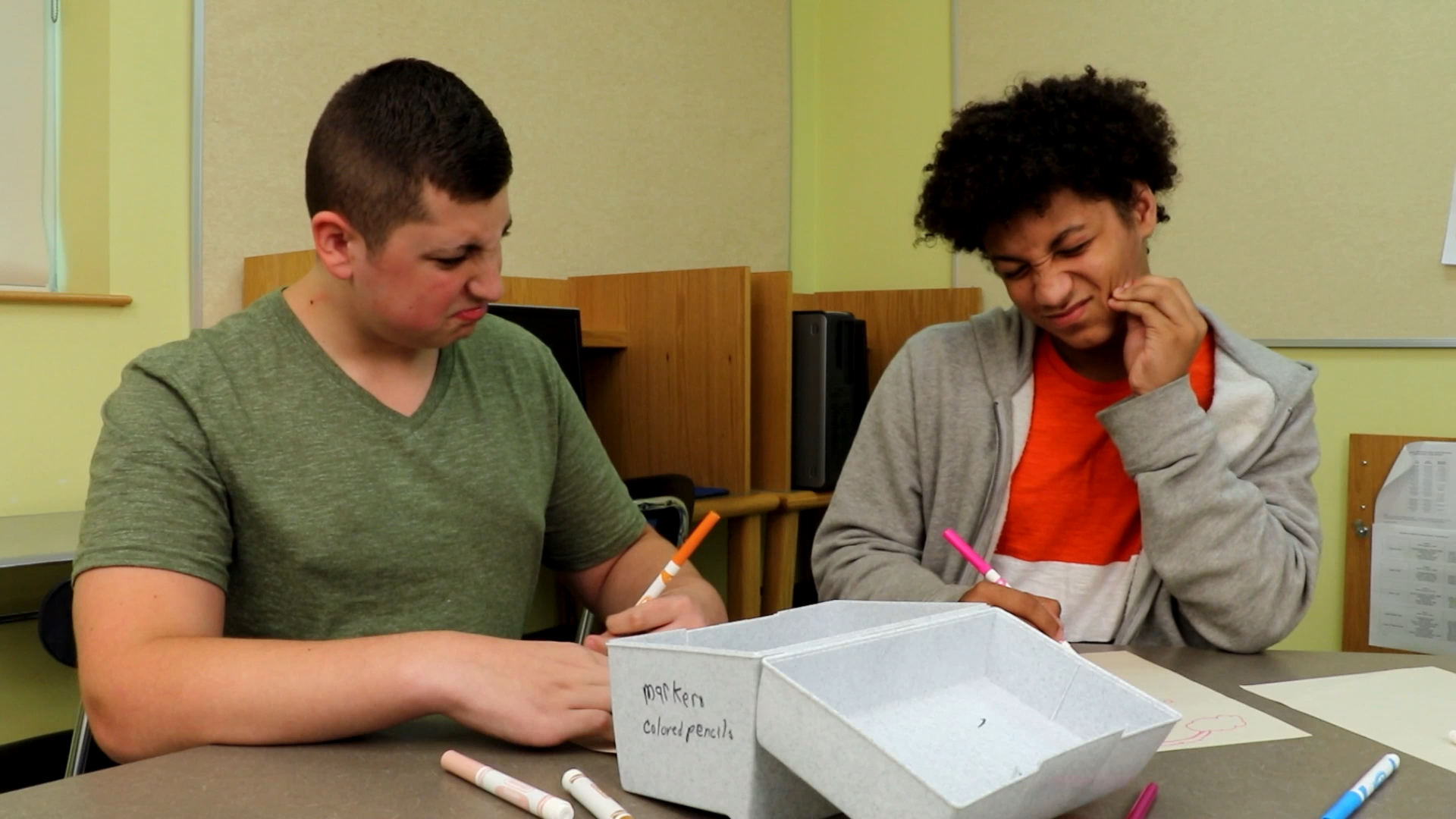
Introduction
In this blog post, we will discuss the importance of teaching personal hygiene habits to students in special education settings. Personal hygiene refers to the practices we engage in to keep our bodies clean and healthy. Some personal hygiene habits are meant to be kept private, as engaging in them in public can make others feel uncomfortable. One example is picking at one’s skin, which many people do as they grow older due to the presence of pimples or scabs. By teaching students to identify and distinguish between public and private hygiene habits, we can help them develop appropriate social skills and promote positive interactions with others.
No-Prep Activity
This activity requires no preparation or materials from the educator. Begin by gathering your students in a circle. Explain to them that you will be discussing personal hygiene habits and the difference between public and private practices. Ask your students to think about various hygiene habits and whether they should be done in public or private spaces.
Go around the circle and have each student name a hygiene habit. As a group, decide whether the habit should be done in public or private. Encourage students to explain their reasoning and engage in discussion with their peers. This activity helps students understand the importance of keeping certain personal hygiene practices private, while also promoting open communication and collaboration.
Discussion Questions
- Why is it important to keep some personal hygiene habits private?
- How can engaging in private hygiene habits in public affect our relationships with others?
- What are some examples of public and private hygiene habits?
- How can we remind ourselves to engage in private hygiene habits only when we are alone?
- What strategies can we use to resist the urge to engage in private hygiene habits when we are in public spaces?
Related Skills
Teaching students about personal hygiene and the difference between public and private habits can also help develop other relevant social-emotional skills. Some of these skills include:
- Self-awareness: Understanding one’s own feelings and recognizing how personal hygiene habits can affect others.
- Self-management: Developing strategies to resist engaging in private hygiene habits in public spaces.
- Social awareness: Recognizing the feelings of others and understanding how our actions can impact their comfort level.
- Relationship skills: Building positive relationships with others by respecting their boundaries and engaging in appropriate social behavior.
Next Steps
Teaching personal hygiene habits and the importance of keeping them private is essential for students in special education settings. By incorporating principles of Social-Emotional Learning, we can help students develop the skills necessary to engage in appropriate social behavior and build positive relationships with others. To further support your teaching efforts, consider signing up for free sample materials that cover a variety of social-emotional skills, including personal hygiene and public vs. private habits.

